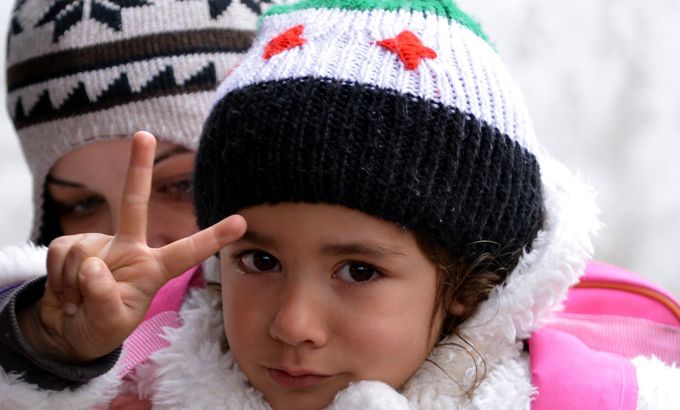
Preparing for the day after al-Assad’s fall
Teams are gathering at the UN’s headquarters to plan the future of Syria, but most of these plans remain secret.
The international effort to prepare for what happens if Syria’s government collapses is gathering momentum.
|
“I think talking about post-Assad Syria is part of the chaos of terminology as I’d call it. It’s exactly like when we talk about moderate rebels or … when we talk about non-lethal weapons. I think these concepts need to be qualified because this is almost driving the audience to believe that this is almost an inevitability whilst the world powers and international community remains divided towards the solution for Syria.” – Yazan Abdallah, a Syrian academic |
The United Nations has been working on different scenarios to stabilise Syria, particularly if Bashar al-Assad’s government should fall.
The UN always anticipated playing a humanitarian role but it is also working on several contingency plans for peacekeeping.
Al Jazeera’s James Bays, reporting from New York, said: “Here inside the UN building there are teams that are working on planning on the future of Syria. Many of those plans – and there are a wide range of options that are being debated – are secret but they all come under the overall heading for these plans: Syria – The day after. The planning is being coordinated by Ban Ki Moon’s own deputy, former foreign minister of Sweden.
“The UN knows that at any point there could be a decisive event that changes things very quickly. The UN though is not able to respond that quickly because any operation on the ground would require the authorisation of the UN Security Council,” Bays added.
“It’s not just the UN who are doing planning for the future of Syria and a possibility of a future without Assad, western political leaders remain very reluctant to get involved but their military planners are looking at all the options in case at the last minute they get orders handed down.
|
“I think we are not anywhere near a post-Assad Syria, yes the battle for Damascus is beginning but the problem is that the Alawite community and others who back this government are in this for a duration and they are going to fight like mad.” – Joshua Landis, director of the Center for Middle East Studies at the University of Oklahoma |
“We can tell you some US units recently have been doing warfare training. In the region itself, Turkey is looking at all options. I’m told Turkish generals have plans to go into Syria if they deem that necessary. Israel [is] reluctant to enter Syria but I’m told that if necessary, if they feel that Israel’s security was threatened, the generals there are planning buffer zones inside Syria and possibly going back into the south of Lebanon,” reported our correspondent.
So what are the UN’s contingency plans, and what will they may mean for Syria and the region?
To discuss this Inside Syria, with presenter Ghida Fakhry, is joined by guests: Joshua Landis, the director of the Center for Middle East Studies and an associate professor at the University of Oklahoma; Yazan Abdallah, a Syrian academic and member of the Syria Dialogue – a group calling for transitional change in Syria; and Saleh Mubarak, a member of the Syrian National Council and a professor at Qatar University.
|
“We are thinking of and planning for the day after and we hope that day after will come very soon but of course there are many uncertain factors. “The result of the crisis that we are having, both the warfare and of course the humanitarian crisis, are the wounds that are left if this crisis continues. About five, six months ago, our day-after planning was mostly to what degree we could help restore institutions, help out with institution building, help out with the reconciliation processes and the work of United Nations Development Programme. “But I must admit now [the] focus is more on concern of the state of affairs we will have to deal with at the end of this conflict because the conflict has developed to such a degree that we see grave risks of a wave of revenge, and continued strife may be of a different quality but equally serious.” Jan Eliasson, UN deputy secretary general |